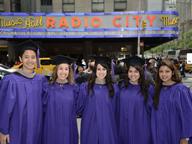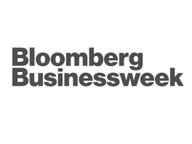Faculty News
—
Prof. Michael Spence's theory of economic signaling is higlighted
—

Excerpt from Forbes -- "One theoretical economical model that comes to mind that supports Kelly’s belief is Michael Spence’s signalling model of education. In this model, a person with high ability, ability that cannot be directly observed by prospective employers, looks for some way to signal that ability to differentiate himself from lower ability competitors."
Faculty News
—

Excerpt from Forbes -- "One theoretical economical model that comes to mind that supports Kelly’s belief is Michael Spence’s signalling model of education. In this model, a person with high ability, ability that cannot be directly observed by prospective employers, looks for some way to signal that ability to differentiate himself from lower ability competitors."



















